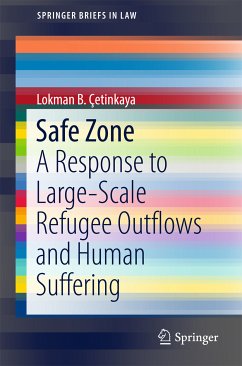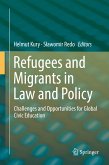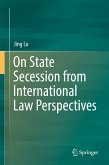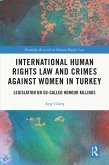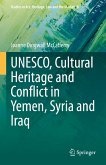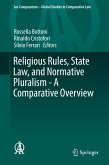Though large-scale refugee outflows have become an increasingly frequent problem in inter-state relations, international law offers no clear remedy. Accordingly, interpretation and adaptation of the existing rules and principles of international law, in addition to State practice and the jurisprudence of international courts, are required in order to find appropriate and lawful responses to such situations. The book examines countermeasures, necessity and humanitarian intervention as possible legal grounds to justify the establishment of safe zones.
Since the proposal of a safe zone for Syria remains on the international community's agenda, the specific conditions of this case are particularly addressed in order to assess the suitability and legality of a possible safe zone in Syria.
Dieser Download kann aus rechtlichen Gründen nur mit Rechnungsadresse in A, B, BG, CY, CZ, D, DK, EW, E, FIN, F, GR, HR, H, IRL, I, LT, L, LR, M, NL, PL, P, R, S, SLO, SK ausgeliefert werden.

